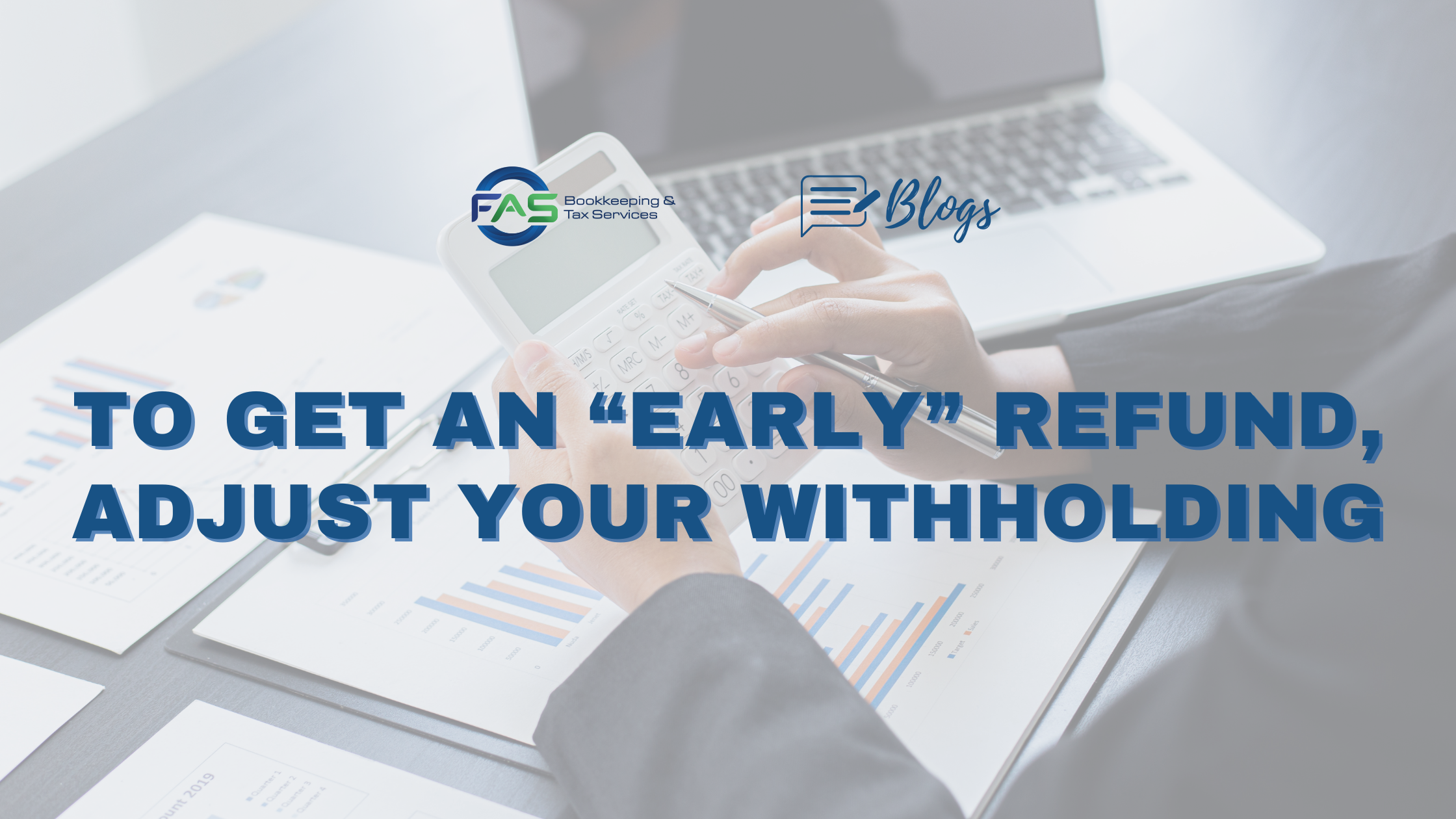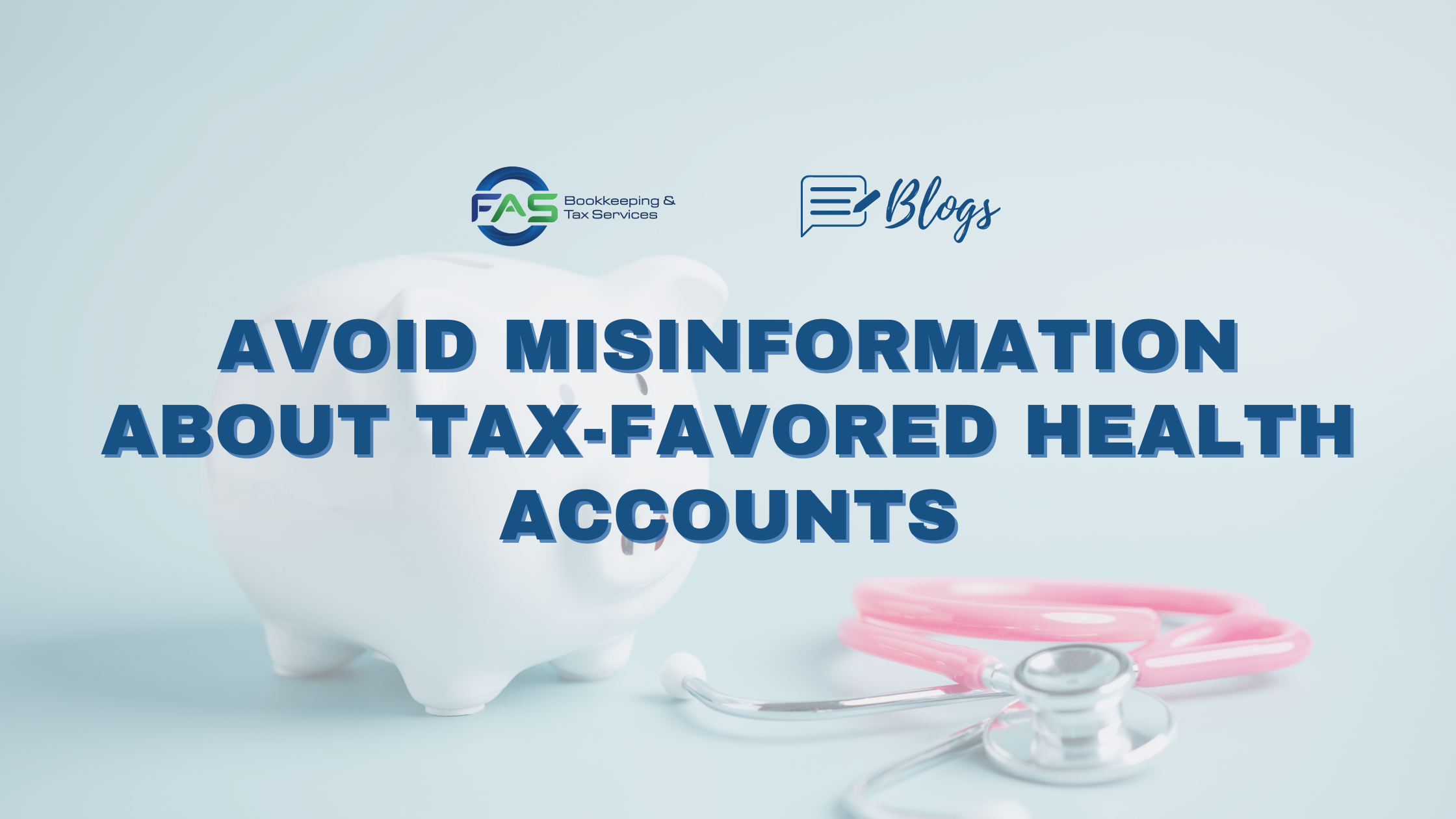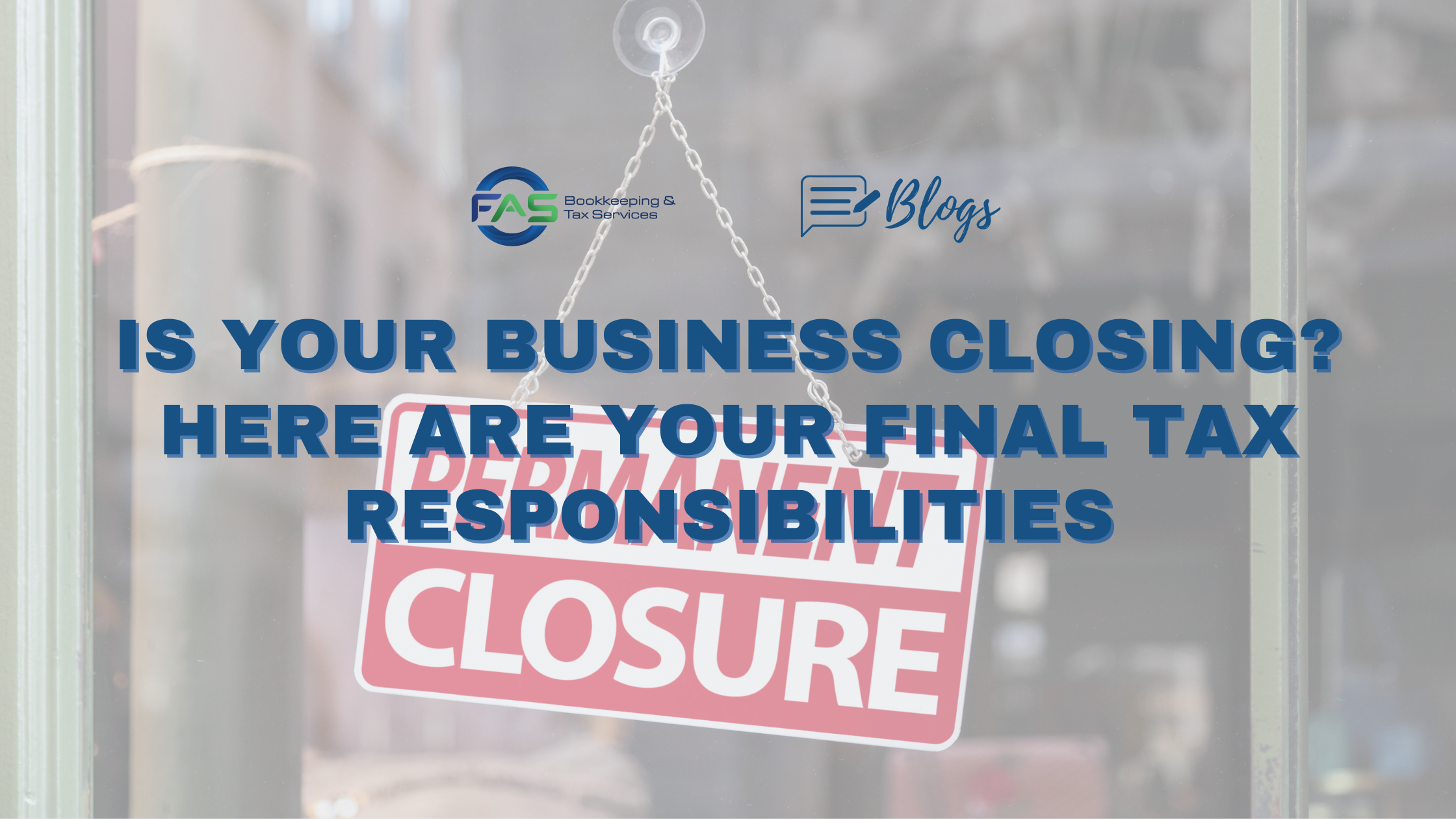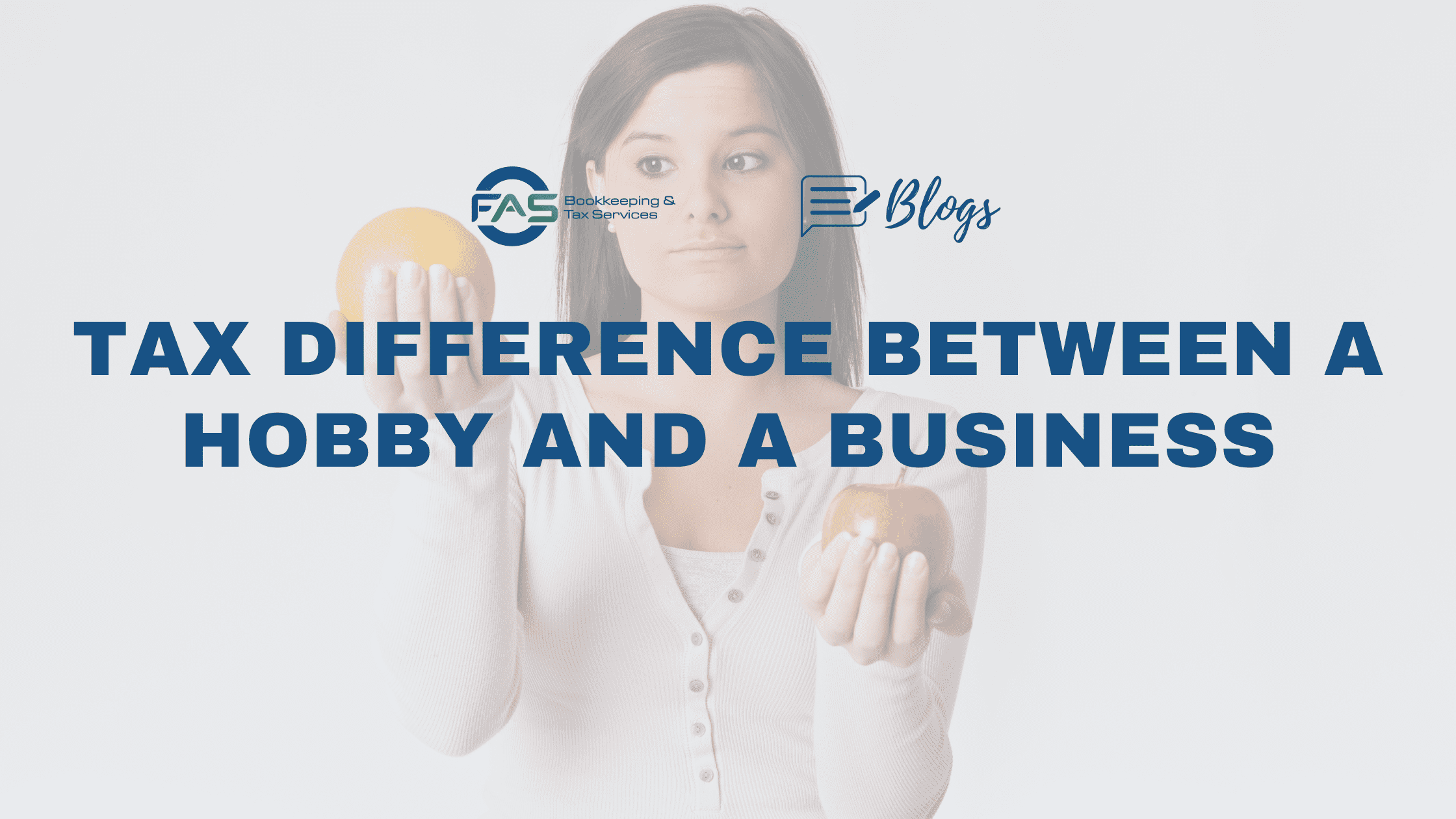The tax difference between a hobby and a business
A hobby is any activity that a person pursues because they enjoy it and with no intention of making a profit. People have all kinds of hobbies, from collecting stamps and woodworking to crafting and quilting. In contrast, people operate a business with the intention of making a profit.
Sometimes, people engage in hobby activities that turn into a source of income. For instance, many people may have started making handmade items and selling them for a profit during the pandemic. While most hobbies will never turn a profit, taxpayers should be aware that income earned from hobbies must be reported on their tax returns.
Determining whether a hobby has grown into a business can be confusing, however. As such, taxpayers should know about the nine factors used by the IRS that they must consider when determining whether their activity is a business or hobby:
- Whether the activity is carried out in a businesslike manner and the taxpayer maintains complete and accurate books and records.
- Whether the time and effort the taxpayer puts into the activity shows they intend to make it profitable.
- Whether they depend on income from the activity for their livelihood.
- Whether any losses are due to circumstances beyond the taxpayer’s control or are normal for the startup phase of their type of business.
- Whether they change methods of operation to improve profitability.
- Whether the taxpayer and their advisors have the knowledge to carry out the activity as a successful business.
- Whether the taxpayer was successful in making a profit in similar activities in the past.
- Whether the activity makes a profit in some years and how much profit it makes.
- Whether the taxpayers can expect to make a future profit from the appreciation of the assets used in the activity.
Reporting Hobby Income
All factors, facts, and circumstances with respect to the activity must be considered. And, no one factor is more important than another. If a taxpayer receives income from an activity with no intention of making a profit, they must report any income on their Form 1040.
Got questions?
Don’t hesitate to get in touch with us today if you need help with your taxes. Our experienced tax preparers are ready to have your back.





